1. Education
1.1. Impact
2. Standards and community
2.1. Hackathons, datathons
3. Vouliwatch
3.1. MPs
4. Creating a simple narrative for citizens
4.1. Value for Citizens / Που πηγαίνουν τα λεφτά μου
4.2. Open Budgets
5. Open Data Drives / Best Practices for data availability
6. Action Plan Ownership at the administration level
7. Audiences: Public, Civil Society, Gov, Politicians
8. Vouliwatch
8.1. Machine readable parliamentary data (questions etc)
9. Parliament view
10. Networking and collaboration
10.1. Wikipedia activits, school
10.2. GFOSS representative
11. Practices presented
11.1. Wikipedia is not democracy
11.1.1. A common vision larger than us
11.1.2. Integrated rules
11.1.3. Multiple roles
11.1.4. Coherency is a challenge
11.1.4.1. (Un)memory, documentation is key
11.1.5. Skills and competencies
11.1.5.1. Open view, collaboration, reaction
11.1.6. Discussion and governance
11.1.7. The immediacy of rules
11.1.7.1. One change affects immediately the structure
11.1.7.2. Follow by consent, be alerted and informed in order to go on
11.1.8. Wikipedia as a crowdsourcing plarform
11.2. GFOSS: Crowdriven open resources
11.2.1. Open standards, source, hardware, content, design, creative commons
11.2.2. Consume vs active participation, understand the value of reuse and clustering
11.2.3. Focus on education, more apt to openess
11.2.4. Present the work of others
11.2.5. Redistribute resources to communities
11.2.6. Multiplying practices through its members
11.3. Parliament view
11.3.1. Reports on discussed law
11.3.2. Consistency on results
11.3.3. Akoma Ntoso
